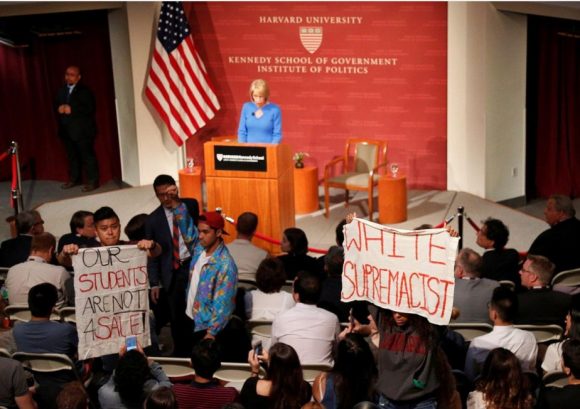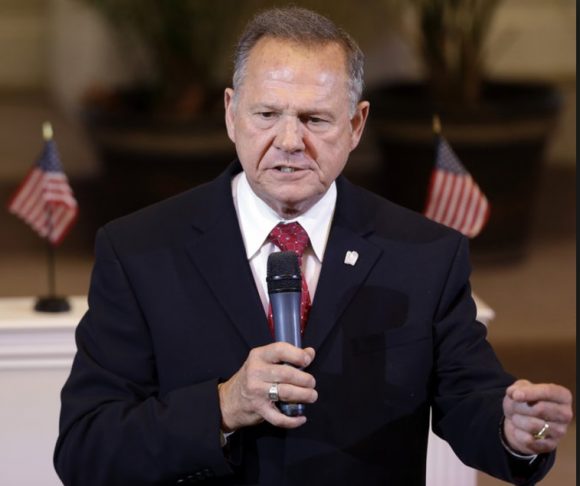Dear Commons Community,
Secretary of Health and Human Services Tom Price resigned yesterday following reports that he spent more than $1 million in taxpayer money on chartered and military flights for official travel across the United States. However, Price’s departure won’t bring an end to questions about Trump administration officials’ spending of public funds on expensive travel. As reported by various media:
Treasury Secretary Steven Mnuchin is being investigated by the Treasury Department’s inspector general for opting to use a government jet to commute from New York to D.C. after an August news conference in Trump Tower, ABC reported last week. The trip of less than an hour cost at least $25,000.
Investigators are also exploring why Mnuchin requested the use of an Air Force jet to travel on his honeymoon to Europe over the summer.
The Treasury Department launched its probe after Munchin’s wife, Louise Linton, posted a photo to Instagram of the couple disembarking from a military plane in Kentucky on the day of the solar eclipse. In the comments, Linton flaunted her lavish lifestyle and later berated a woman who criticized her for sharing the image along with tags on which designer items she was wearing. A spokesman for the Treasury Department told ABC that the honeymoon request was eventually withdrawn and that the department welcomed the review.
Interior Secretary Ryan Zinke also has faced scrutiny for using military and private planes while traveling on official business. The Washington Post reported this week that Zinke and his staff traveled on chartered private planes between the islands of St. Croix and St. Thomas during a three-day trip to the U.S. Virgin Islands in March.
Politico and the Post also reported that Zinke and his entourage paid more than $12,000 for an oil company’s plane to take them from Las Vegas to Montana in June.
The Interior Department said in a statement that Zinke’s travel “was completely compliant with all applicable laws, rules, and regulations,” and claimed there were no commercial flights that fit the secretary’s schedule.
EPA Administrator Scott Pruitt and members of his staff spent more than $14,000 on a chartered flight for stops in Oklahoma in July, CBS News revealed.
Since taking office in February, Pruitt racked up at least $58,000 in costs for four non-commercial flights, according to The Washington Post.
An EPA spokeswoman told the Post that Pruitt usually flies commercial and that the private flights stemmed from unusual circumstances.
And Veterans Affairs chief David Shulkin has also been accused of mixing personal trips and expenses with government travel. The VA secretary cruised the Thames, took in sight-seeing at Westminster Abbey, and watched a Wimbledon tennis match during a 10-day European trip with his wife, according to an itinerary obtained by The Washington Post.
The VA secretary’s 10-day trip—which also included the department’s undersecretary and her husband, Shulkin’s chief of staff, an aide, and six security people—was approximately half business, half pleasure, the itinerary reportedly details. The government paid for Shulkin’s wife airfare and provided a per diem for her meals because she was traveling on “approved invitational orders,” reports the Post.
It appears that Trump’s swamp is getting bigger and bigger.
Tony











